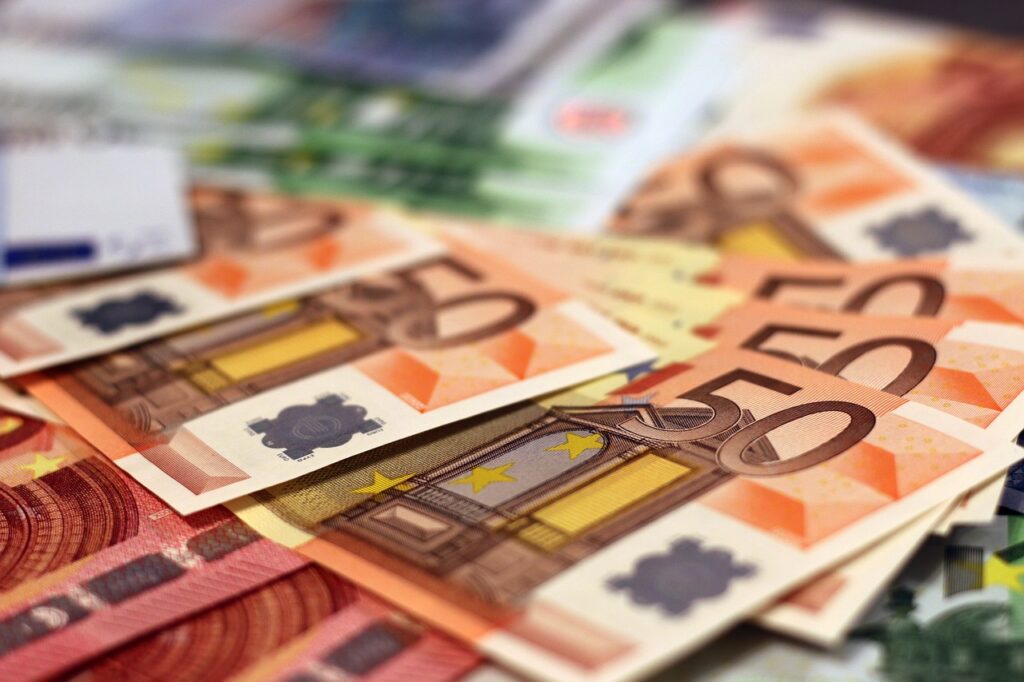HDF Energy (Hydrogen of France) recently got the approval for significant financial support from the European Commission under the IPCEI (Important Project of Common European Interest) framework.
This funding, amounting to up to 172 million euros, is earmarked for the development and industrialization of multi-megawatt hydrogen fuel cells at HDF’s factory near Bordeaux. These fuel cells aim to serve heavy maritime and rail mobility, as well as public electricity networks.
HDF Energy’s project to develop multi-megawatt hydrogen fuel cells is noteworthy for several reasons. Firstly, the substantial funding from the European Commission underscores the strategic importance of hydrogen technology in achieving Europe’s decarbonization goals. The project’s focus on heavy maritime and rail mobility, along with electricity production for public networks, targets sectors that are pivotal for reducing greenhouse gas emissions.
Despite the promise of hydrogen fuel cells, there are significant technological and economic challenges. The efficiency, durability, and cost-effectiveness of these fuel cells are critical for their widespread adoption. While HDF Energy’s project addresses these market requirements, it is essential to compare their progress against industry benchmarks.
Current industry standards demand high efficiency and long operational lifespans for fuel cells to be viable alternatives to traditional fossil fuels. Companies like Ballard Power Systems and Plug Power have set high bars in terms of technological advancements. HDF Energy must demonstrate that its fuel cells can match or exceed these benchmarks to establish credibility and attract further investment.
The hydrogen sector is increasingly competitive, with numerous players vying for market share. HDF Energy’s focus on heavy maritime and rail mobility places it in direct competition with companies developing similar technologies for these applications. For instance, Alstom’s Coradia iLint, the world’s first hydrogen fuel cell train, is already operational in Germany and sets a high standard for new entrants.
HDF Energy’s strategy must not only meet but exceed existing performance metrics to stand out. Additionally, the cost of production and scalability will be decisive factors. The ability to produce these fuel cells at a competitive price while maintaining quality and performance will determine their market success.
The potential economic and environmental impacts of HDF Energy’s project are significant. If successful, the project could position France as a leader in hydrogen technology, driving job creation and economic growth. The environmental benefits are equally substantial, with hydrogen fuel cells offering a zero-emission alternative to diesel engines in heavy transport sectors.
However, the project’s success hinges on overcoming the inherent challenges of hydrogen production, storage, and distribution. The overall lifecycle emissions of hydrogen fuel cells depend on the source of hydrogen. Green hydrogen, produced via electrolysis using renewable energy, offers the most substantial environmental benefits. Ensuring that the hydrogen used in these fuel cells is green is crucial for achieving genuine sustainability.
